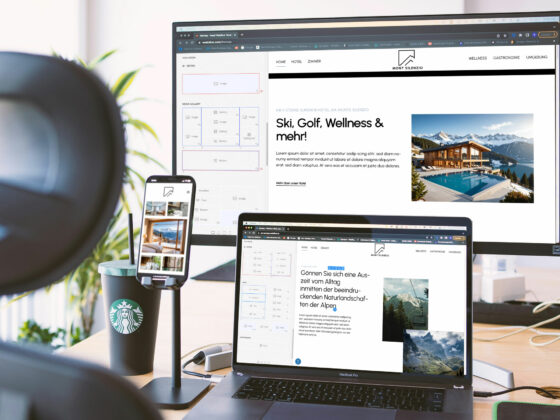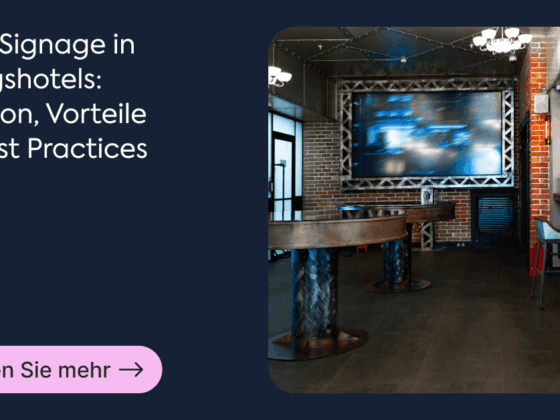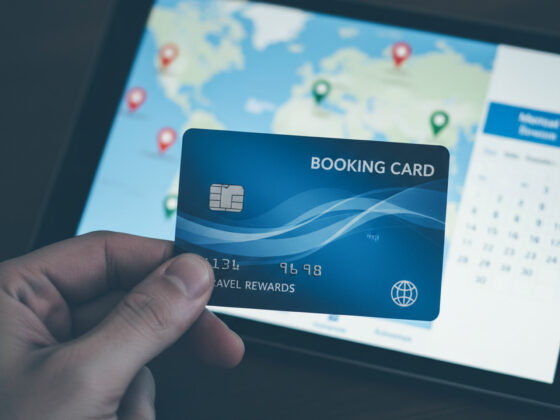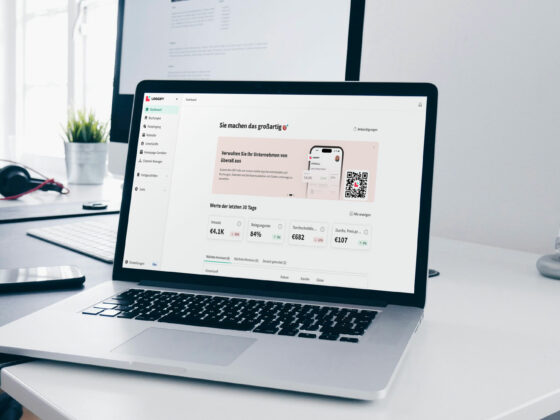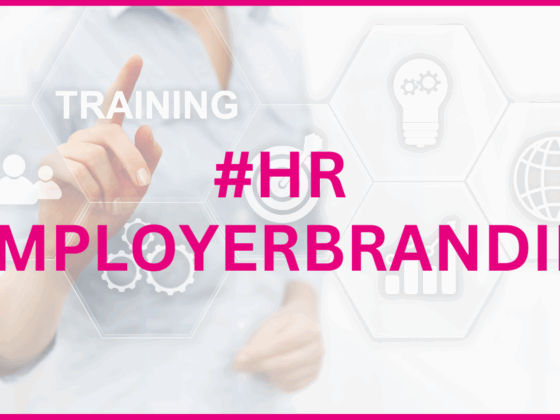Yes, you read that correctly: understanding ChatGPT and how it works really can help your hotel plan and prepare effectively for migrating your legacy Property Management System (PMS) to the cloud! How?
It all boils down to Big Data. Let us explain.
ChatGPT and its ‘treasure trove’ of data
You are probably already familiar with OpenAI’s ChatGPT tool. And you may be using it right now to streamline your hotel’s operational and/or marketing activities, alongside other types of Artificial Intelligence (AI) and machine learning. So, you may already know that ChatGPT has been ‘trained’ on a database of 300 billion words1 and uses a rumored 1.76 trillion parameters2 to come up with coherent answers to questions (‘prompts’) entered by its users.
That is a big database for sure. However, as indicated by the use of the word ‘trained,’ ChatGPT is still very much a work in progress. The information provided in response to prompts is drawn from a limited range of online sources, with no data available that was created any later than September 2021 (although it was announced in September 2023 that access to up to date information will be rolled out shortly3). What is more, the information can be inaccurate – ChatGPT cannot identify ‘fake news,’ for example4 – and can sometimes even breach copyright regulations.

The parallels between ChatGPT and the PMS
Let’s start with the bad stuff
Out of data, inaccurate and non-compliant data. These issues, which we have just discussed in respect of ChatGPT, also haunt many of the legacy Property Management Systems still used by hotels around the world. That is the negative side to the common ground between them. But could these problems be solved by investing in a new cloud-based PMS solution and transferring all the existing data? In a word: no! The biggest hurdle faced by any hotel looking to migrate their PMS to the cloud is partial or even complete data loss, which has potentially disastrous consequences for revenue and reputation alike. (We explored these consequences in detail in a previous blog and White Paper.)
To summarize, we are looking at the loss of some or all current and historic booking details and guest profile data – leading to operational mayhem and the abrupt cessation of any ability to offer personalized services, revenue/value-based offers and complaints handling, and/or targeted sales and marketing communications. Hotels could even face legal action as a result of violating data privacy laws such as GDPR and CCPA.
Moving on to the positives
The good news is that, if prepared and planned for correctly, a PMS cloud migration can go smoothly with minimal data loss and disruption to staff, guests, reputation and revenue. The parallel with ChatGPT here lies in Big Data. As noted above, ChatGPT runs off a huge (if imperfect) treasure trove of information. The key to success for hotels is to put in place their own treasure trove of data that is not only huge but, in the case of PMS migrations, as perfect as it is possible to achieve.
How can this be done? The first step is to remove the PMS from the center of the hotel’s IT stack. We are not saying that the PMS should be discarded completely; far from it. But the days of using it as the main repository of guest data – i.e., the foundation on which the hotel builds its business – are long gone. The clue is in the name: the PMS is designed to manage the property, not the guest! Hotels still relying on the PMS for guest data collection and management must change their approach if their upgrade to a cloud-based solution is to avoid failure. Guest profile data must be cleansed and centralized before the transfer to the cloud takes place. To make that happen, the hotel needs to adopt a Central Data Management (CDM) solution such as dailypoint 360.
Why CDM = success for PMS upgrades
The single guest profile held in the CDM is not referred to as the ‘Golden Record’ for nothing. It is a wealth of invaluable data about each guest’s booking history, from their preferred room type to their favorite restaurant meals, their sports and leisure choices to their average spend per stay. Using AI and machine learning, this data can be leveraged to provide the highly personalized services, experiences and marketing communications that today’s hotel guest demands.
Not only that, but the single guest profile is also compliant with data privacy regulations, giving customers the reassurance that their personal details are kept safe and secure, and helping prevent data breaches that can quickly erode both a hotel’s reputation and its bottom line.
CDMs such as dailypoint 360 work by pulling guest data from all the other systems within the tech stack, plus third-party apps, in real time and then cleansing, updating and de-duplicating it to create and maintain the Golden Record. The resulting Big Data can then be turned into usable guest insights through AI and machine learning.
When such a solution is implemented prior to a PMS cloud migration, the end result is many times more likely to be successful than simply transferring over un-cleansed data from a legacy system. Yes, there can be a level of data loss with any PMS upgrade but with CDM in place, this would be minimal compared to the disasters that might otherwise occur.
And it is certainly better than the option selected by some hotels to run an on-premise and a cloud-based PMS in tandem, whilst guest data is gradually transferred over to the new system by long-suffering staff members. With the potential for errors and omissions (not to mention the negative impact on staff satisfaction), this is not a pleasant thought!
It is time for hotels to embrace the power of Big Data
As we said above, many hotels have eagerly adopted AI tools such as ChatGPT into their IT stacks to serve all kinds of purposes, from virtual concierge services to predicting demand and revenue levels, writing optimized website copy to translating guest information into different languages. All well and good. But despite this, many hotels still lag far behind the Online Travel Agents (OTAs) when it comes to making optimal use of Big Data.
At dailypoint, it is our view that implementing CDM, supported by a robust Data Quality Management (DQM) solution such as the dailypoint Data Laundry, is the only way for hotels to compete with the OTAs on a level playing field and, ultimately, beat them at their own game by winning back their rightful share of direct bookings.

About Dr. Michael Toedt
Dr. Michael Toedt is one of the most renowned experts in the field of Big Data and CRM. He received his doctoral degree on the subject of CRM, respectively “The influence of communication on sales performance in the luxury hotel industry” from the University of Latvia. He lectures at the University of Applied Sciences in Munich about CRM & Hotel Technology for Bachelor- and Masterclasses as well as at Hotellerie Suisse in the NDS Management Program. Michael Toedt writes articles for international magazines and online platforms on a regular basis. Among others, he wrote the official CRM guide of the Austrian Hotel Association and the book “Big Data”, which has become a standard work for the topic of Data Management. He was elected by the HSMAI as one of the “Top 20 Extraordinary minds in Sales & Marketing” in 2016.
All his publications can be found here.

